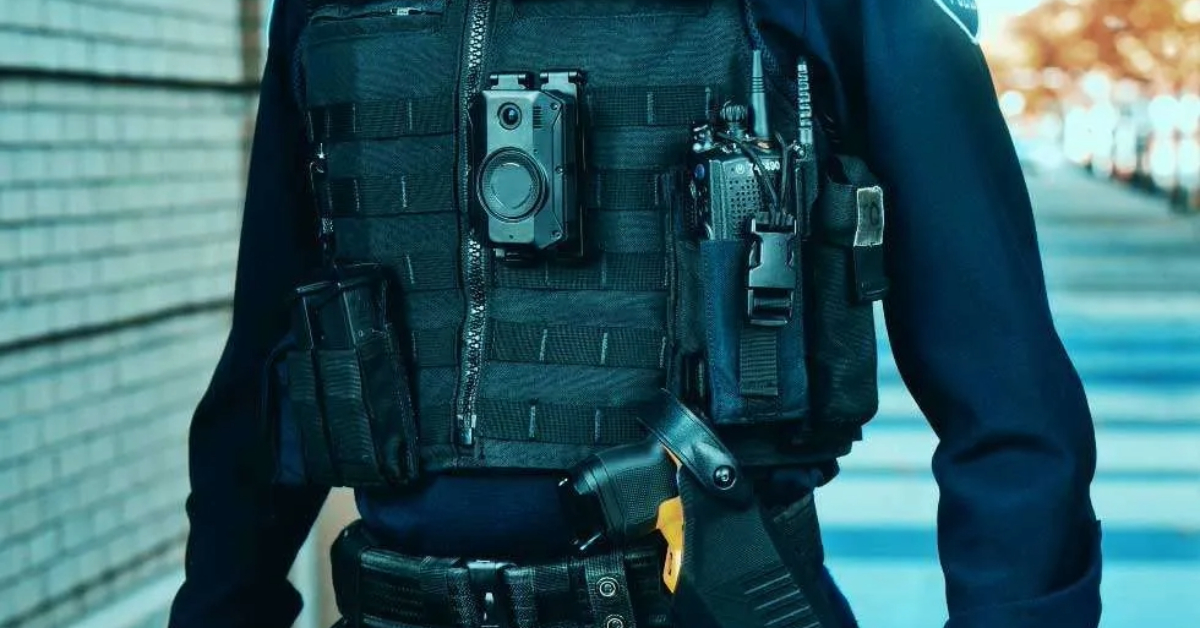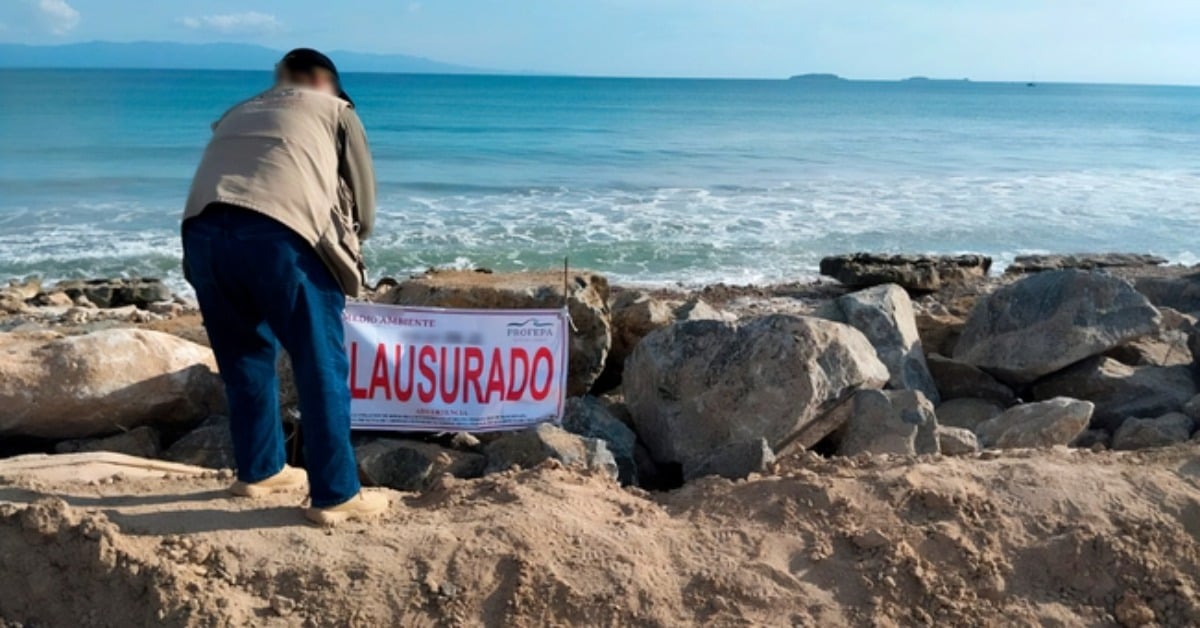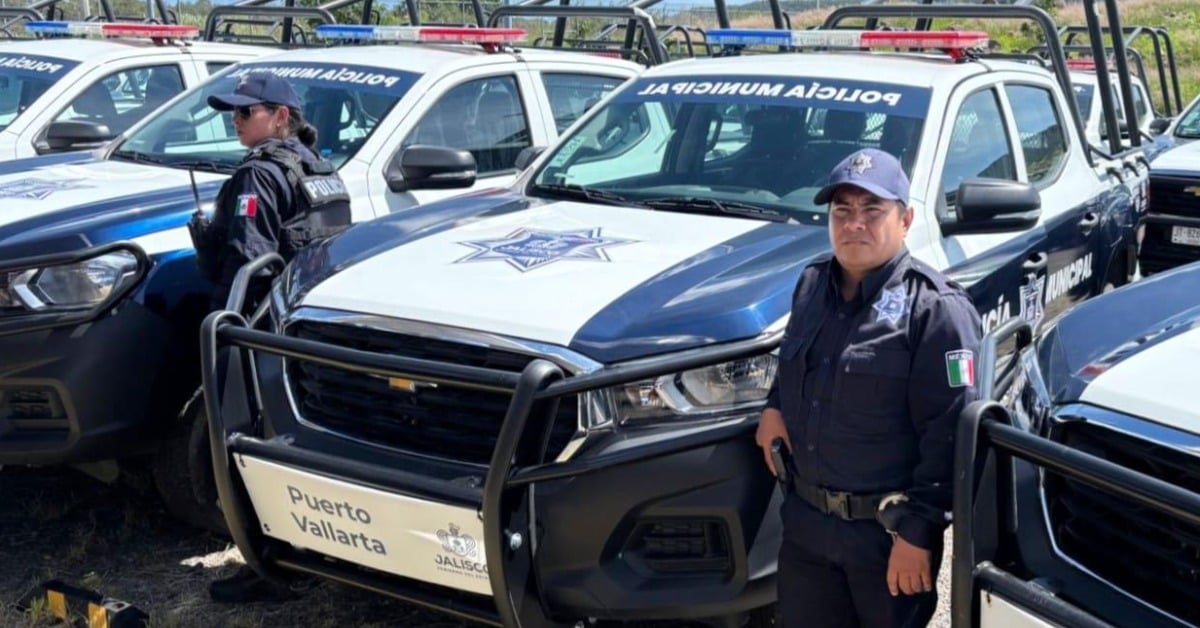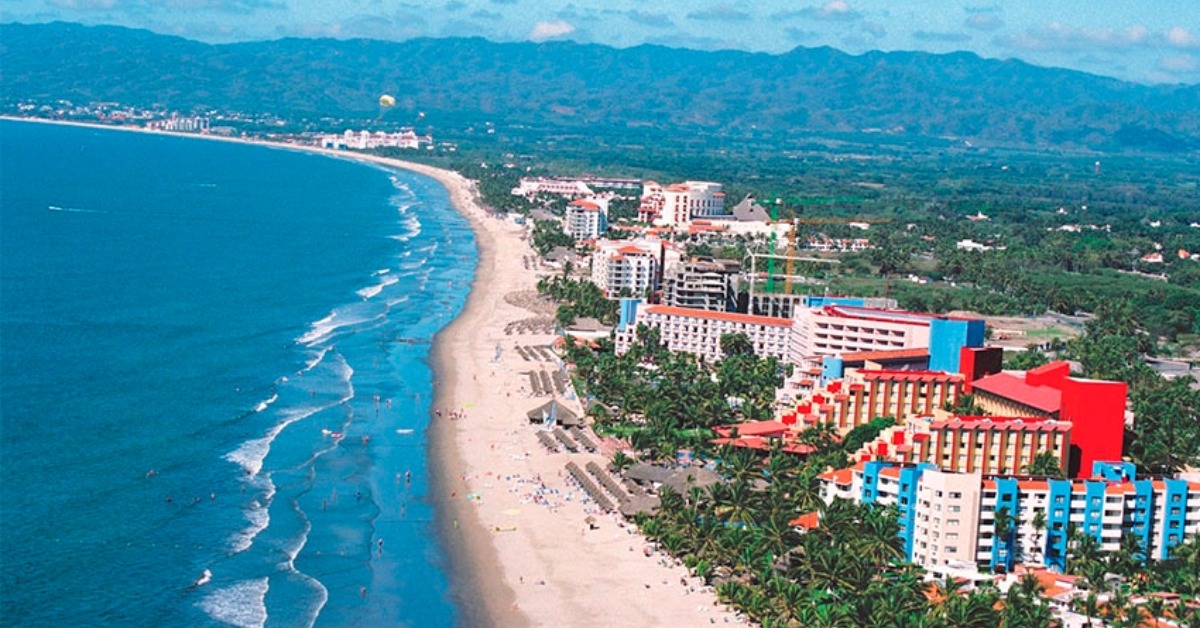Bahía de Banderas police will deploy 30 body cameras for police to record video and audio of interventions and patrols in real time, aiming to strengthen community trust and accountability.
The municipal government of Bahía de Banderas announced the rollout of a pilot program equipping its police force with body cameras. The first phase will involve 30 devices designed to capture both video and audio in real time during patrols, stops, and other interventions. The move seeks to improve transparency, curb misuse of force, and build stronger ties with residents and . . .






